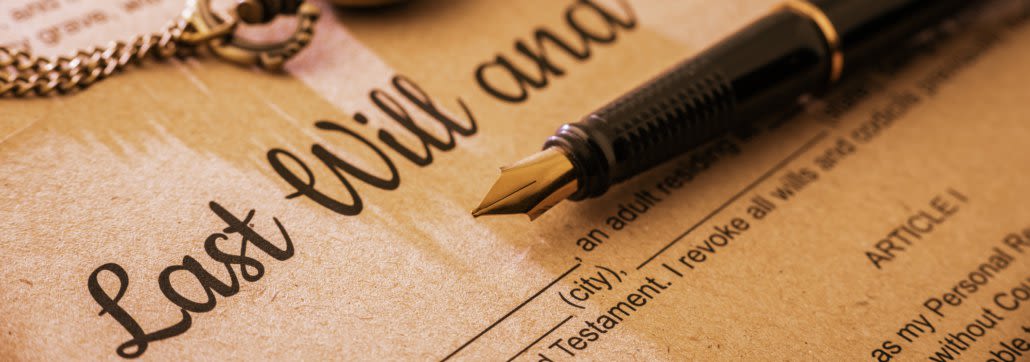When you write a will, or a trust, or any other document where you're naming beneficiaries who will receive any of your assets after death, keep it to yourself. It's your private information and it's nobody's business but yours.
BLOG
new york law
Ten Do's and Don'ts for Writing Your Will
Misfortune can happen at any time, and it's much better to have your wishes stated in an actionable legal form than not to.
Estate Planning for Your Possible Future
Part of the job of estate planning is thinking through the different ways the future might work out - who will survive whom, whether a beneficiary will be a minor or an adult at the time she receives the bequest. It’s important to take a range of possibilities into account.
If You Are Divorcing, Change Your Will Now
Many websites advising on what to think about when divorcing say you should be sure to change your will once it's all over. That's good advice, but it doesn't go far enough.
Have You Been Asked to Sign a Waiver and Consent?
When a close relative dies, and someone other than you has been named in the will as the executor of the estate (or applies to the court to administer the estate, if there was no will), you will receive a Waiver and Consent document and you’ll be asked to sign and return it.
Passing a Family Home from One Generation to the Next
There's great pride in passing a family home from one generation to the next. Sometimes, this allows relatives to remain in close contact under one roof and ensures attentive care to the elders and the children. But it can create a lot of conflict, too.



